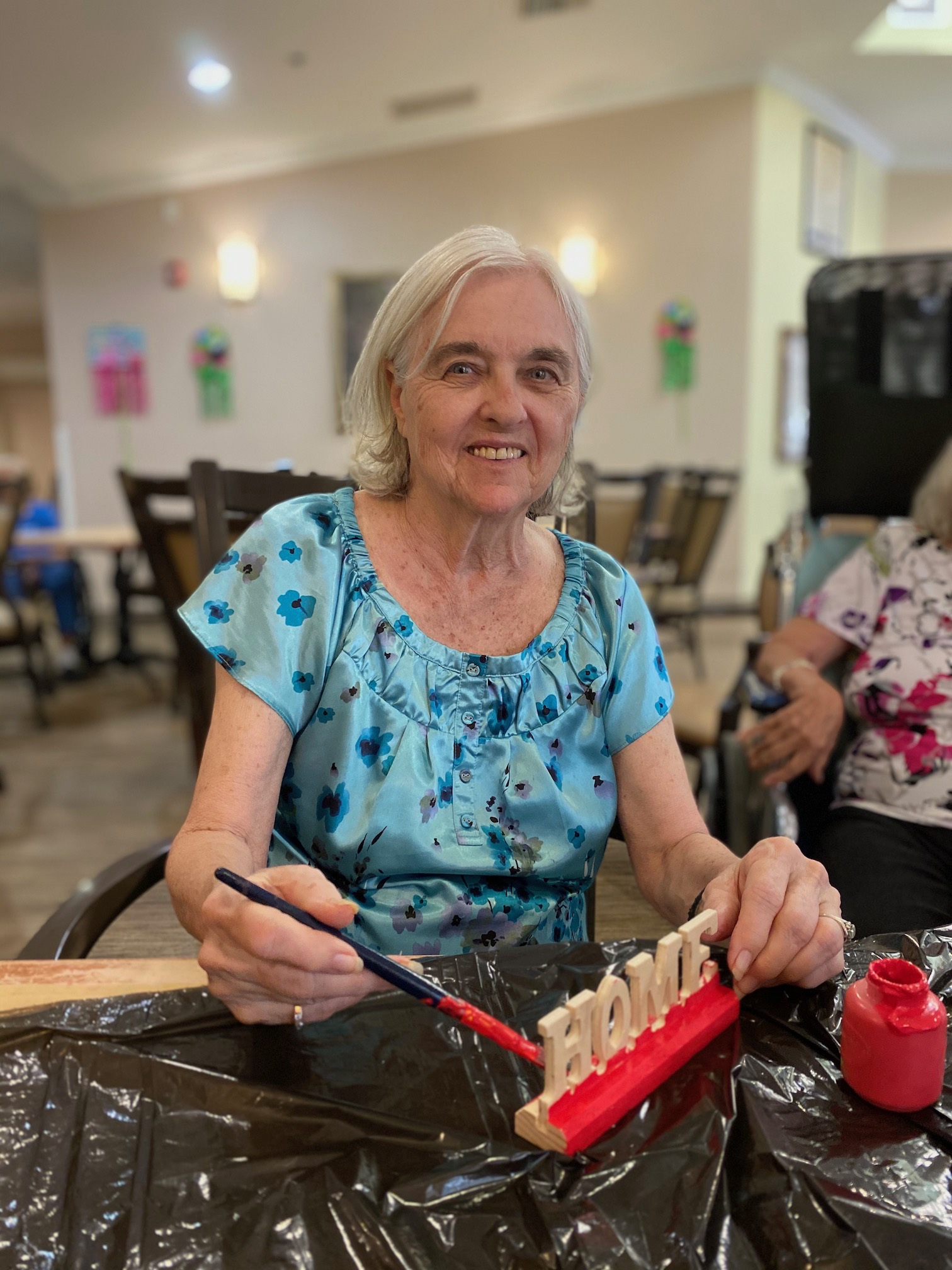Dementia is a broad term encompassing various memory disorders impacting cognitive abilities. While the condition can afflict individuals at any point in their life, dementia is significantly more prevalent in senior citizens. 70% of Americans with dementia have Alzheimer’s disease, the disorder’s primary and most common cause. Those with Alzheimer’s (or any dementia) generally manifest symptoms that include loss of memory, mood swings, personality disorders, and depression. Taking on the caregiver role to a loved one with dementia can be emotionally and physically taxing. Recognizing early dementia behaviors can help caregivers to prepare and manage their evolving circumstances with patience and compassion.

Here are some signs that loved ones should look for when helping their loved ones with Alzheimer’s or dementia.
Communication Issues: Dementia severely impacts the patient’s communication ability. Depending on how far the condition has progressed, the patient may be able to convey their desires and needs effectively, but it may take more focused effort than usual. Caregivers should exercise patience and provide the latitude required to collect and communicate their ideas. For dementia patients who are further along, there may be communication difficulties. They may struggle to find the right words or organize their thoughts, or begin using hand signals or other forms of nonverbal communication more frequently. Family members should offer optimism and compassion when engaged in conversation, using plain speech and limiting the number of questions.
Angry Outbursts: Those with dementia or Alzheimer’s disease are often irritable and can be easily aggravated. When in early dementia stages, they may even manifest aggression when they feel frustrated, disoriented, or scared. Unexpected loud noises, too many questions, or a caregiver’s annoyance are all situations that may initiate an aggressive episode. Family members may provide solace by holding hands and using a soft, soothing tone of voice to provide reassurance. Be sure to provide any space they need to get over an episode.
Wandering Behaviors: Dementia patients often exhibit wandering as well as sundowning behaviors, which can be dangerous if they manage to leave the relative safety of their homes. They may begin to wander if they become confused about where they are, or suffer any disconcerting memory lapse, but this behavior may also point to the patient feeling bored, restless, or lonely. Quietly but firmly reassure them that they are safe and where they need to be. Sometimes, an episode of wandering can actually provide a soothing effect due to the walking and fresh air – if so, allow them to explore safely with your supervision.
Early dementia and Alzheimer’s symptoms look different from person to person. While some people seem quite happy most of the time, others may be aggressive or even violent. These varied symptoms and unpredictable scenarios can wear on caregivers. If you are responsible for a family member with dementia or Alzheimer’s, it is understandable if the situation becomes too much to handle without help. Allowing trained professionals at an adult residence to take over daily care can comfort the family and relieve relational stressors.
At A Banyan Residence, we strive to offer the very best in senior care to all our residents. We understand that family relationships often thrive when the pressures of caregiving are relieved. Call us today to learn more about what you can expect when you place your loved one at our memory care facility in The Villages.







